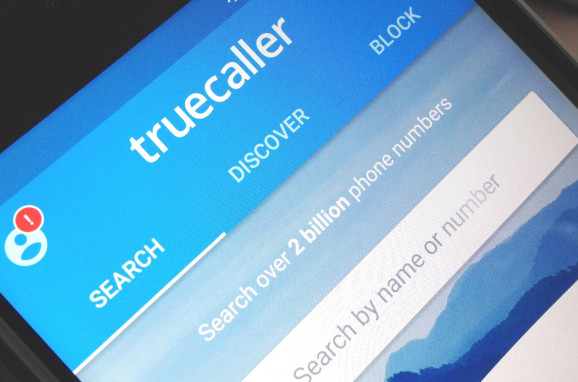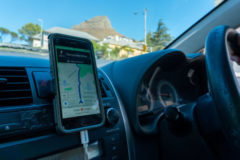In today’s world, it’s hard to keep track of what information you may or may not be giving out. Even harder to track is information that you may not have given out explicitly but has somehow been accessed by some company you’ve never heard of, or used its services.
Enter Truecaller, the world’s largest phonebook service. You download an app and you get instant caller ID features (particularly useful for numbers you don’t have on your phone). You can block spam calls, search for contact details and see who is calling you before you pick up. Awesome.
But do you know what is powering these processes? Do you know how Truecaller is able to give you this information? Do you know exactly what data you are giving to Truecaller and how that data is being used? Have you ever wondered how your name and number shows up on your friends Truecaller app when you have never even heard of, or used, the service? Let’s break it down.
How does truecaller source data?
- “Permission-based” crowdsourcing: When users sign up for Truecaller, they have to give the app access to the phonebooks on their devices or their contact lists via social media networks. This means that once a user signs up for Truecaller, a give and take dynamic comes into play; you want access to caller ID features and the app’s other functions, then you have to give up your contact list so other users can access the same functions you want.
- Integration with White and Yellow pages: These are not available in certain parts of the world for various reasons (including privacy concerns), but Truecaller does source data from those that are publicly accessible.
- Integration with social media platforms: Truecaller also supports and partners with social media platforms to further aggregate data.
- Partnership with third-party platforms: Through partnerships with third party platforms like VConnect, Truecaller also gains access to certain kinds of data.
- Voluntary additions: Truecaller also offers an option for its users to submit data to its database.
What does Truecaller do with the data it collects?
The entirety of what Truecaller does with your data is unknown but what is confirmed is how the platform leverages its data sources to provide its services to its users.
So, say your friend downloads the Truecaller app and shares their phonebook with the app, that data is uploaded to Truecallers database and is in turn available to other people who use the service. Cool. But what you may not know is that by sharing his/her phonebook with Truecaller, your friend has also shared your name and number with its database. Maybe even your email.
And that’s not where it ends. Truecaller also integrates with various social media platforms to provide even more context to the name and phone number your friend gave to its database. Its algorithms will attempt to match images with names/phone numbers and tie those to a location.
At the end of the day, all of this allows Truecaller to give a more robust core service and also monetize through incredibly targetable ad offerings.
What does all of this mean?
Truecaller’s data collection abilities are far-reaching and near-inescapable. Here’s how much data the company collects, according to its privacy policy: “When You install and use the Services, Truecaller will collect personal information from You and any devices You may use in Your interaction with our Services. This information may include e.g.: geo-location; Your IP address; device ID or unique identifier; device manufacturer and type; device and hardware settings; SIM card usage; applications installed on your device; ID for advertising; ad data, operating system; web browser; operator; IMSI; connection information; screen resolution; usage statistics; default communication applications; access to device address book; device log and event information; logs, keywords and meta data of incoming and outgoing calls and messages; version of the Services You use and other information based on Your interaction with our Services such as how the Services are being accessed (via another service, web site or a search engine); the pages You visit and features you use on the Services; the services and websites You engage with from the Services; content viewed by You, content You have commented on or sent to us and information about the ads You see and/or engage with; the search terms You use; order information and other usage activity and data logged by Truecaller’s servers from time to time. Truecaller may collect some of this information automatically through use of cookies and You can learn more about our use of cookies in our Cookie Policy.”
It doesn’t matter whether you use the service or not and it certainly doesn’t matter if you delete your data off Truecallers’ database. All it takes is for one other person who has your number to sign-up for Truecaller and you’re back in. Also, if you don’t use Truecaller you have no way of knowing if the company has your data or what it does with it, although the company says it doesn’t sell its data to third-party advertisers.
In the company’s privacy policy, it also tells its users: “If You provide us with personal information about someone else, You confirm that they are aware that You have provided their information and that they consent to our use of their information according to our Privacy Policy.” Make of that what you will.
Truecaller also just announced that 100 million people use its app daily worldwide. That is a lot of data touchpoints and the ramifications of that data trove being exploited for less-than-positive applications are immense.
So, before you install the Truecaller app, take a minute to think about people whose privacy you may be putting at risk. If you would like to de-list your number from the Truecaller database, click here. If you’ve already signed up for Truecaller, you’d have to deactivate your account to de-list.




















